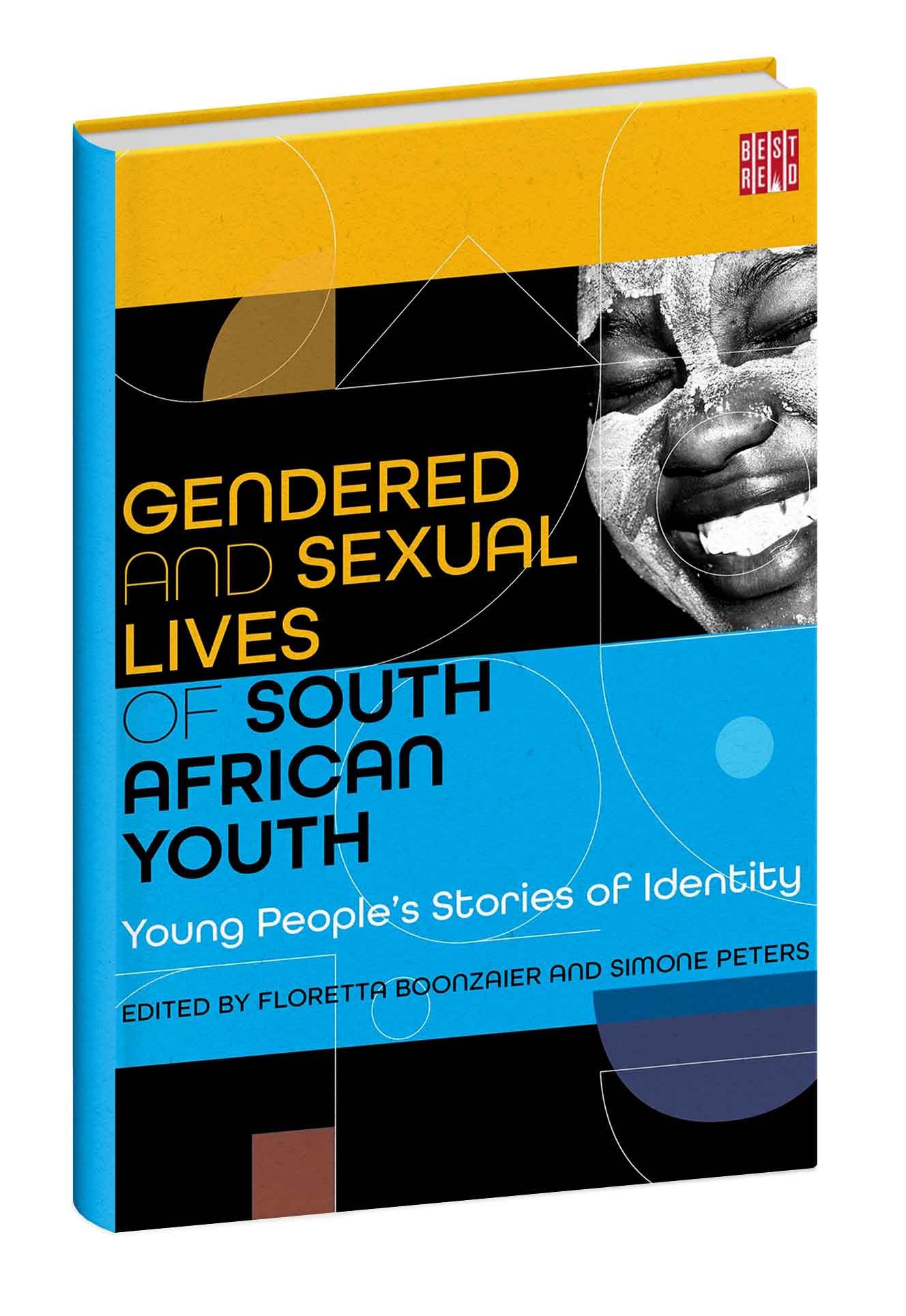Gender-inclusive land ownership policy reforms could have a substantial impact on food security, nutrition, and sustainable livelihoods for young people in rural KwaZulu-Natal, writes Sabelo Mpisi, who spoke with young female small-scale farmers while conducting ethnographic fieldwork in the province.
Under customary land tenure systems in rural Southern Africa, many female farmers only have access to farmland through male heads of households, such as their fathers, husbands, sons or brothers. Having insecure land tenure makes it risky for these female farmers to invest in infrastructure and methods to improve their productivity.
According to a report by the Food and Agriculture Organization, having equal access to agricultural resources could increase production on women’s farms in developing countries by 20% to 30%. For example, in Peru, South America, female land ownership significantly increased crop diversity and improved households’ probability of food security by 20 percentage points, a 2021 study has found.

A female farmer spreading kraal manure on recently ploughed land in Hlokozi, KwaZulu-Natal Photo: Alan Manson, Wikimedia Commons
HSRC fieldwork in KZN
From December 2022 to March 2023, HSRC researcher Sabelo Mpisi conducted ethnographic fieldwork with young female small-scale farmers in rural KwaZulu-Natal. These farmers had post-matric qualifications and were from Ndwedwe in the Ilembe District of the province and Mpophomeni in uMgungundlovu. They had decided to venture into farming as the only available source of livelihood for themselves initially, and, ultimately, their respective communities.
The research was carried out as part of the HSRC’s The Imprint of Education (TIE) project, part of which aims to investigate the structural barriers that hinder young people’s efforts to generate livelihoods and find fulfilling work.
The findings indicate that gender-inclusive land ownership policy reforms in rural KZN could substantially affect food security, nutrition, and sustainable livelihoods for rural youth by leveraging the potential of the agricultural sector. Such reforms could help to create sustainable food systems and could provide young female farmers with the skills, knowledge, and confidence they need to thrive as agricultural entrepreneurs.
The need for a holistic approach
According to the Department of Rural Development and Land Reform’s 2017 land audit report, the majority of agricultural land is owned by white people (72%), followed by coloured (15%), Indian (5%), and African people (4%). The remaining 4% is owned by foreign institutions, trusts, and the government. This inequality has a disproportionate impact on women who live in rural areas. Kimberlé Crenshaw’s intersectionality framework is helpful in understanding the circumstances of black women who face overlapping forms of discrimination, not only linked to race and gender, but also to culture, religion, class, and educational attainment.
Although the apartheid regime was abolished in 1994, black communities continue to encounter systemic obstacles in obtaining resources and land, arising from the historical legacies of racially discriminatory policies. This intersects with patriarchal norms and traditions that perpetuate gender inequalities, making it even more difficult for women to own and access land. Finally, the socioeconomic divide also significantly affects rural women, many of whom reside in underdeveloped areas with limited access to resources and support systems.
Dealing with patriarchy
Interviews with young female small-scale farmers indicated that some have made impressive progress in agriculture, but that livelihoods that rely solely on agriculture are fraught with challenges as a result of this discriminatory climate, as one female farmer from Mpophomeni explained:
“When I started my farming business, the lack of available land was the biggest obstacle. Unfortunately, my family didn’t own any land in our area – neither did my father nor my late grandfather, who passed away when I was young. This forced me to ask the Induna for a piece of land. However, his response was dishearteningly discriminatory; he flatly refused, citing my gender as the reason for denial. Determined to challenge this injustice, I asserted that it wasn’t I who needed the land, but my eldest son, who had a keen interest in agriculture and aspired to become a farmer. Slowly, my argument began to resonate with him, ultimately persuading him to relent and grant me a piece of land. With that land, I planted spinach and started with my farming journey.”
After success in her early agricultural endeavours, she expanded her horizons into mixed farming. This involved growing crops like cabbage and raising livestock such as sheep and goats, which compelled her to acquire more land. However, this presented her with further challenges. She recalled a troubling discriminatory incident that ensued:
“I used the profits to buy more land from a male landowner. I was thrilled and planted beans that showed great potential for a good harvest. Unfortunately, my joy was cut short when another elder from the community claimed ownership of the land by destroying my crops and pulling out every last bean. I was really hurt. Seeking justice, I presented all the necessary legal documents proving my rightful ownership to the Induna. Despite my optimism, the case was ruled against me, which made me lose the land and the crops. It was devastating. The Induna tried to appease me by promising to give me another piece of land, but the injustice still weighed heavily on my heart, and to this day I am still waiting for that land.”
Despite the challenges, her perseverance paid off. Her success has had a positive impact on her community, which has allowed her to employ young people and use her entrepreneurial spirit to establish a non-profit organisation. With its principles firmly rooted in her belief that education is a powerful tool to break the cycle of poverty, the organisation provides school uniforms and stationery to ensure that every child has the necessary resources to pursue their education with dignity and pride. The farmer’s dedication to organic farming practices and producing top-quality crops has caught the eye of major local retailers and, so, has gained traction. By partnering with these companies, she has expanded her business, which emphasises the value of her farm’s offerings. She also maintains a connection with her community by selling her produce directly to her neighbours. This two-pronged approach ensures that her farm’s bounty benefits both those closest to her and the wider community.
Small beginnings

A smallholder hand-weeding a plot of dry beans using a hoe in Hlokozi, KwaZulu-Natal. Photo: Alan Manson, Wikimedia Commons
In Ndwedwe, another young female small-scale farmer testified how she began farming by taking over her family’s farms in their yards. However, acquiring additional land to pursue farming as a career proved to be challenging:
“Growing up witnessing my parents depend entirely on agriculture for our sustenance, I also developed a strong belief in it. However, our yard in which we cultivated crops was not enough to fulfil my aspirations of pursuing agriculture as a career, through planting multiple crops such as spinach, ground nuts, and yams. Thus, I requested additional land from the local authorities but encountered difficulties as they refused to provide or sell it to me, citing my gender and my father’s lack of land ownership. This forced me to negotiate a lease from a neighbour who had an unutilised piece of land. But you know how hard it is working with people. It is as though the neighbour no longer wants me to use their land. I am not sure what I am going to do. My only option would be to go to the local authorities and state my case again.”
Subsequently, this female farmer has employed young people and has supplied spaza shops and big retailers in her area with her produce. She has also founded a non-profit organisation called Emseni, which aims to combat poverty by promoting food security and nutrition in the community. Emseni teaches primary school students how to cultivate, cook and take their food home. By using spinach as the primary crop, the organisation also teaches community members of all ages agriculture-specific skills and how to prepare oil and organic food.
Despite facing numerous gender-discriminatory obstacles on their paths, the two female small-scale farmers (from Mpophomeni and Ndwedwe) have established themselves as successful agricultural entrepreneurs. They have created employment opportunities for young people while contributing to food security and creating sustainable rural youth livelihoods. Their achievements highlight the potential of the agricultural sector to improve the livelihoods and wellbeing of young rural women whose welfare is closely linked to that of their dependants and communities. Importantly, by exposing other young people to agriculture in its most practical form, they demonstrate the possibility of agriculture as a career trajectory and livelihood pathway. They also demonstrate examples of entrepreneurial self-efficacy, which research has shown is central to creating sustainable rural youth livelihoods.
Tackling gender discrimination
These two examples of young female farmers, however, require greater policy intervention to bring about systemic change. To achieve large-scale impact, the Department of Rural Development and Rural Reform in KwaZulu-Natal must address gender-based discrimination in land ownership and rights.
Ensuring land tenure security and access to seeds, equipment and irrigation facilities will empower young female farmers and enable them to invest in their farms and build sustainable agricultural enterprises.
The next crucial action involves collaboration between the government, educational institutions and agricultural experts in the region. Creating a mentorship programme will connect female farmers with experienced agricultural entrepreneurs who are able to offer expert knowledge about crop selection and market trends. This could also encourage and motivate these young famers to thrive as agricultural entrepreneurs.
Furthermore, educational institutions should integrate agricultural training into their curricula. This exposure will shatter pejorative stereotypes associated with farming and ignite interest in pursuing agricultural careers among students.
Another vital aspect is to facilitate access to markets and retailers beyond local areas. This expanded market access will enable young female farmers to reach a broader customer base, leading to increased income and growth of their agricultural businesses. Financial assistance is also a critical component. The government should offer targeted grants, low-interest loans or subsidies to young female farmers so they can successfully establish and maintain their agricultural enterprises.
Researcher contact: Sabelo Mpisi, a young African research fellow in the HSRC’s Equitable Economies and Education division


